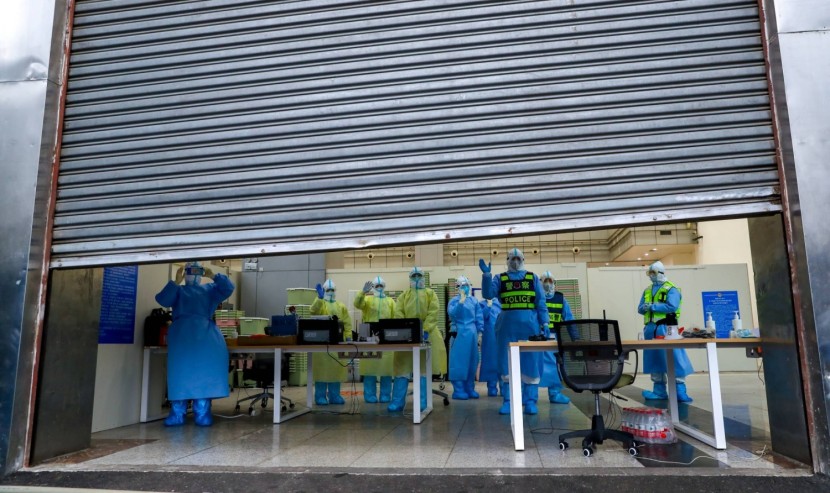
After watching several of her colleagues die in the hands of COVID-19, a Wuhan doctor criticized Chinese hospital authorities and spoke out on the truth regarding the suppression of the early warnings regarding coronavirus outbreak back in December.
In an interview that censors have been trying to remove from the internet, Ai Fen, Wuhan Central Hospital's director of emergency spoke with the Chinese magazine, Renwu or People and revealed that she was repeatedly reprimanded after she alerted her superiors and colleagues of the 'SARS-like' virus that was observed in patients way back December.
Despite the risk of losing her job, Ai has joined several other critics who speak out on the real situation in Wuhan, now that the virus has killed more than 3,000 people inside mainland China, including four doctors and Li Wenliang, the ophthalmologist who tried to warn of the virus back in its early stages.
In her interview, Ai said that if she had known that this was to happen, she would not have cared if she was reprimanded and would have talked about it to everyone.
Chinese Netizens spread encrypted information through Emojis
After the interview was posted last Tuesday, it was immediately taken down from Chinese social media sites. The magazine even removed the article and Ai cannot be reached through her phone. Internet users, however, were quick to take screenshots of the interview and posted in in social media.
Chinese netizens found a way to evade censors by rewriting the interview backwards, filling it with typos, even translating it into a fictional language "Klingon" and through emojis. This way, they were able to share the information which the authorities have tried to cover-up.
Read also: VIRAL VIDEO: China Reportedly Cremates Alive COVID-19 Patients
Li Wenliang's attempt to reveal COVID-19 and his death
In December, a doctor tried to warn his colleagues in social media about a mysterious virus that had almost the same characteristics as SARS. Li Wenliang, a 34-year-old ophthalmologist was then detained in January 3,2020 by Wuhan Police after he was accused of spreading false news. He was then forced to sign a document wherein he admitted that he had broken the law by seriously disrupting social order.
February 7, 2020 - Li died in the wee hours of the morning after he was infected with the novel coronavirus amid his fight against the outbreak. His death created outrage and frustrations all over China, and people called out the government for trying to cover up the killer virus. His death sparked anger and grief from the people who called him a "hero" for trying to do the right thing.
Chinese authorities feared the uproar over Li's death, thus, quickly deleted social media posts calling for action. The same thing that was done with Ai's revelations.
Coronavirus as a pandemic
The World Health Organization (WHO) has officially announced that COVID-19 has become a pandemic, Wednesday.
WHO's Director-General Tedros Adhanom Ghebreyesus said that now that the pandemic alarm has been rung countries all over the world need to learn from one another, act in unison and protect one another in combating a common threat.
A pandemic is defined as a disease that has spread in countries across continents in the world at the same time. The novel coronavirus has killed more than 4,200 worldwide and has infected more than 118,000.
© 2026 HNGN, All rights reserved. Do not reproduce without permission.








